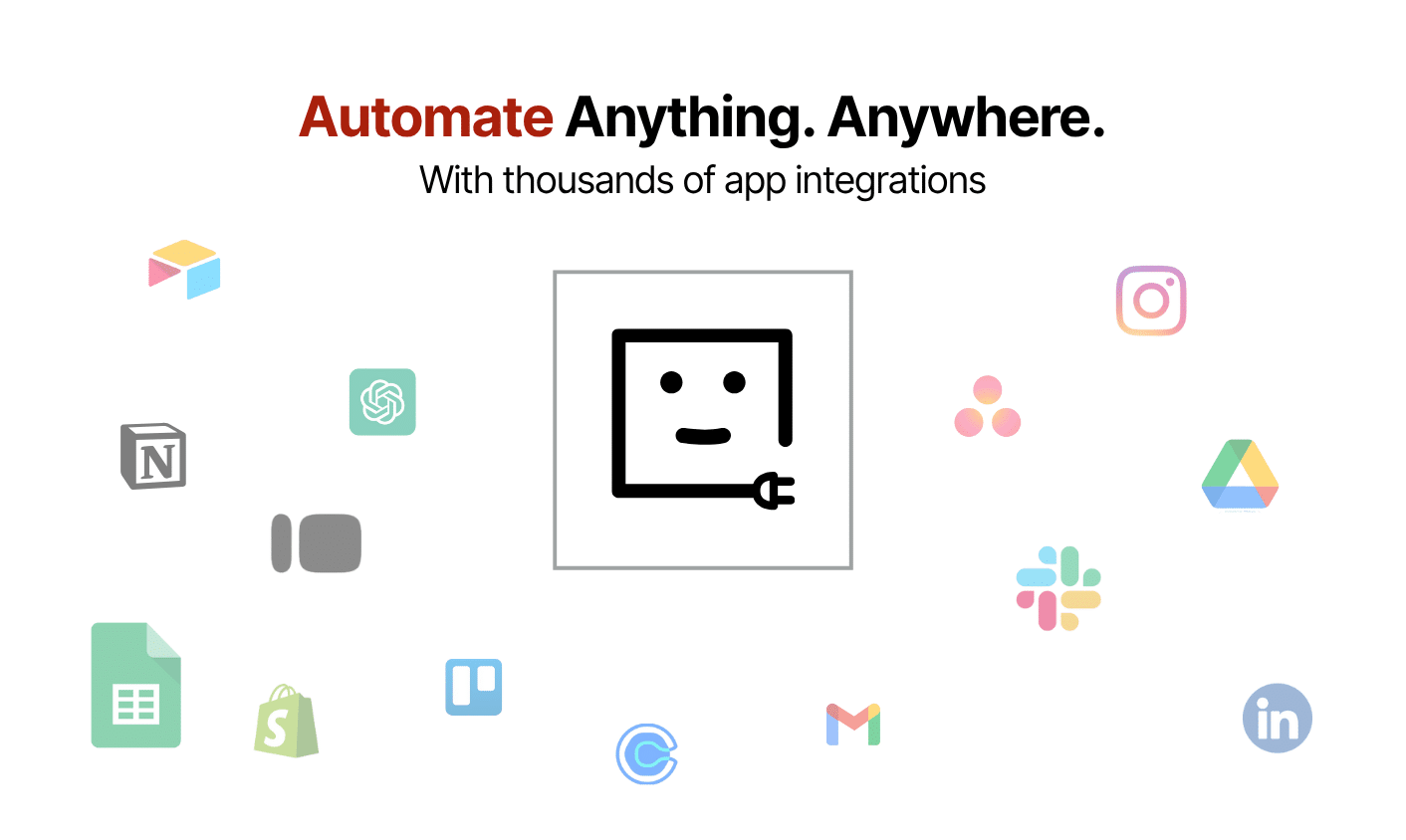Sales Call Tips
People are tired of cold calls. It takes the average salesperson 209 cold calls to generate a single lead. That’s 7.5 hours on the phone for one potential sale. How do you ensure you’re not wasting all that time and your hard work has the best shot at resulting in a deal?
Be careful with how you respond to customer questions. Interrupting them and saying “But” can sound argumentative and discourage buyers. Instead, use “And.” Tack it onto your statement like, “That’s a good point, and…” to let the customer know you’re listening, but you still have more to say.
The most effective cold calls happen between 10 am and 2 pm, local time. The least-effective cold calls happen after 5pm, when people are home from work making dinner and don’t want to be bothered.
Email Tips
Most people spend more than three hours a day checking their work email. They can send and receive as many as 620 emails per week, but only spend 1.1 minutes on each message they receive. You need to update your emails to deliver as much information as possible in the eight-second attention span of the average web user.
Avoid jargon, and write your emails with this shorter attention span in mind. And make sure you spell check — you can slash your sales in half with just one typo in your email.
Finally, make sure you’re showcasing your credibility. Include links to your LinkedIn profile or your company website where you can show off reviews or projects that you’re proud of. This makes your emails look more professional.
There are some phrases you can avoid in your sales email. Things like, “Not sure if you saw my last email” or “per our conversation” tend to annoy potential customers and will leave your company behind. Adding things like “Re:” and “Urgent” to the subject line makes your emails look like spam and they’ll probably end up in the client’s spam folder.
Phrases to Avoid in Calls and Emails
“Touch Base” — This phrase lacks confidence. You don’t want to sound wishy-washy when you’re trying to promote your product or company.
“Great Deal” — This phrase is both vague and overused. It does not inspire confidence.
“Honestly” — This makes your customer feel like you haven’t been honest about anything else.
“Problem” — You should avoid negative terms at all costs. Rephrase them with a more positive context to inspire confidence in your customers.
“Obviously” or “Does That Make Sense?” — Try to avoid anything that sounds condescending in your emails.
“Competitor” — Don’t talk about your competitors. Mentioning them makes your clients think about your competitors instead of your product.
“You Need To” — People hate it when you tell them what to do. Don’t do it in your emails or sales calls.
“How Are You?” — Don’t rely on generic greetings when you’re talking to your clients.
Strategies That Work Well in Calls and Emails
How can you improve your sales calls and emails?
Start by using active voice instead of passive voice when you’re writing scripts or emails. It’s subtle, but it conveys more confidence. If you’re not sure, try adding the words “by zombies” after your sentence. If it fits, your statement is in the passive voice.
Personalize your emails. Don’t address them to “User” or use other generic addresses. Personalized emails that address the user by name have a 29% higher open rate and a 41% higher click-through rate.
Use persuasive language wherever possible. Words like “you” and “because” are two of the five most persuasive words in the English language. Also, always focus on the value of your product or service, rather than the price.
Always follow up with your emails and sales calls. Wait at least 48 hours between follow-ups, but unless you get a definite “no,” keep following up.
Finally, consider investing in a customer relationship management system. A company that spends more than three hours a month managing their sales pipelines can improve their revenue by 11% or more. CRMs uses technology to streamline this process. A properly integrated CRM can provide a return on investment of more than 245%. Sales calls and emails are the foundation of any company that sells products or services. Improving your calls and email scripts can improve your overall sales and reduce the amount of time you waste on cold calls that don’t lead anywhere.



